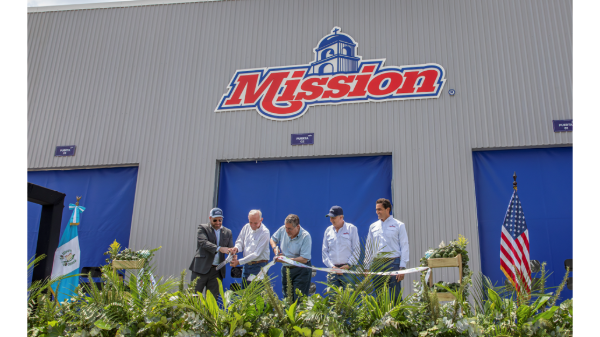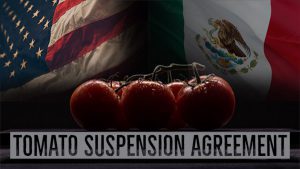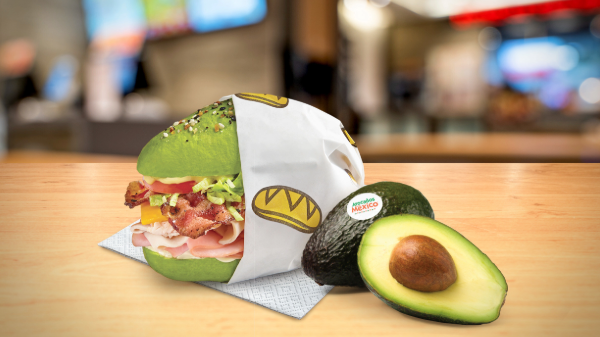Welcome to Blue Book!
Are you ready to join the thousands of companies who rely on Blue Book to drive smarter decisions? View our plans and get started today!
Still have questions? We’d love to show you what Blue Book can do for you. Drop us a line– we’ve been waiting for you.
By making a cover purchase, the wholesaler gets the product it needs; and by accepting the nonconforming product and promptly salvaging it while it still retains commercial value, the wholesaler maximizes the potential gross proceeds from the distressed product. Time is of the essence where fresh produce is concerned, especially when it is distressed. What’s more, by accepting the nonconforming product the buyer saves the shipper additional expenses related to detention and cartage, not to mention the time and effort required to find another wholesaler who will take the distressed product.
However, in Corona Fruit & Veggies, Inc. v. Produce Alliance, LLC (2011), PACA departed from precedent in earlier decisions such as Pandol Bros., Inc. v. Prevor Marketing International, Inc. (1990), and disallows the buyer’s damages related to a cover purchase because the nonconforming product was accepted by the buyer. PACA explained that “official comment 1 to UCC Sec. 2-712, the section that deals with cover purchases, states, ‘[c]over is not available under this section if the buyer accepts the goods…’” Acknowledging the departure from precedent, PACA added in a footnote: “the [UCC] has … been revised [since the Pandol Bros. decision] to make clear that cover is not available to a buyer who accepts [the nonconforming product]….”
Although the Corona decision does not fully explain PACA’s reasoning on this issue, as written, the decision seems to suggest the UCC “controls” rather than “guides” PACA decisions. Perhaps as a matter of policy, PACA perceives benefits to tightly adhering to the UCC. Further, practically speaking, it would seem a knowledgeable (or lucky) buyer could preserve its right to cover and still receive the distressed product by simply rejecting the distressed product and then agreeing to handle the load on consignment for the seller’s account.
“The PACA division is not specifically bound by the UCC in its interpretation,” explains Karla Whalen, PACA’s director. “However, we do consider it an important tool and use it regularly as a guide. It is a helpful resource when we’re working on contract and complaint disputes, or analyzing issues to determine how best to benefit the produce industry.”
Whether affirming longstanding precedent or guiding change, it is clear the UCC plays a significant role in PACA decisions. It is also clear industry-specific knowledge contained in decades of PACA precedent decisions is an industry resource that, to a large extent, coexists harmoniously with the provisions of the UCC. The full text of UCC’s Article 2 can be found at https://www.law.cornell.edu/ucc/2.








